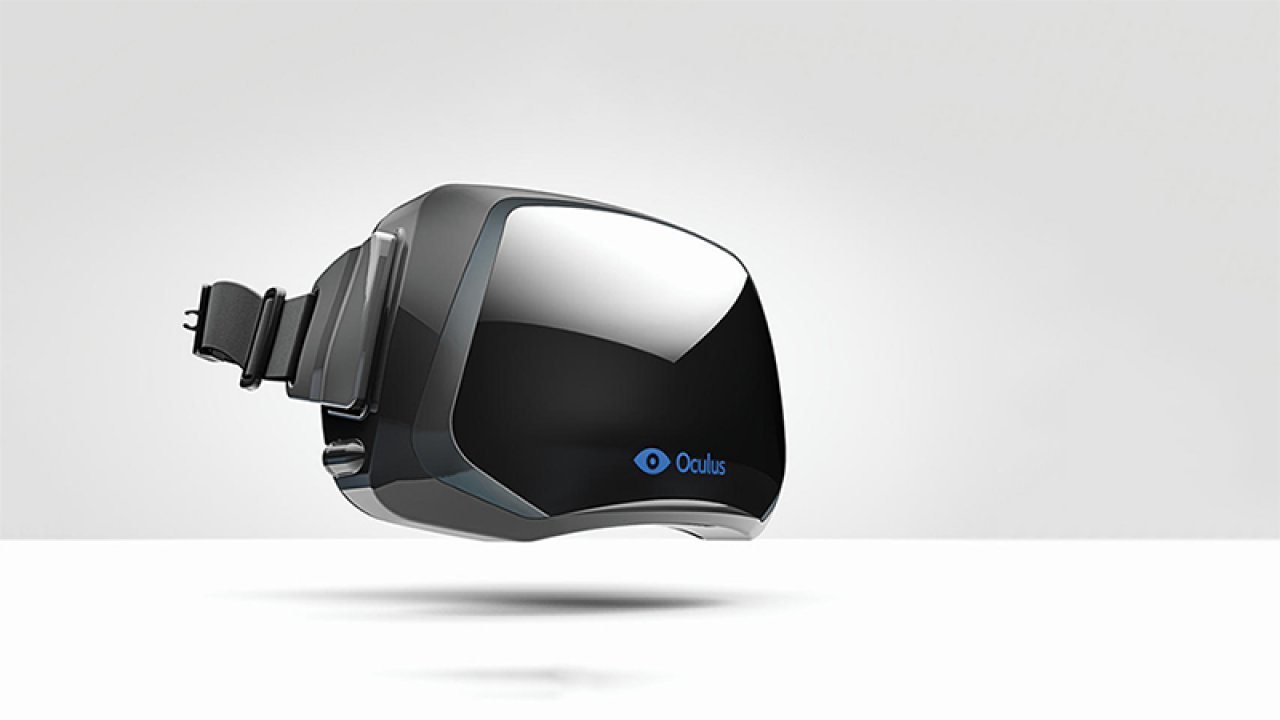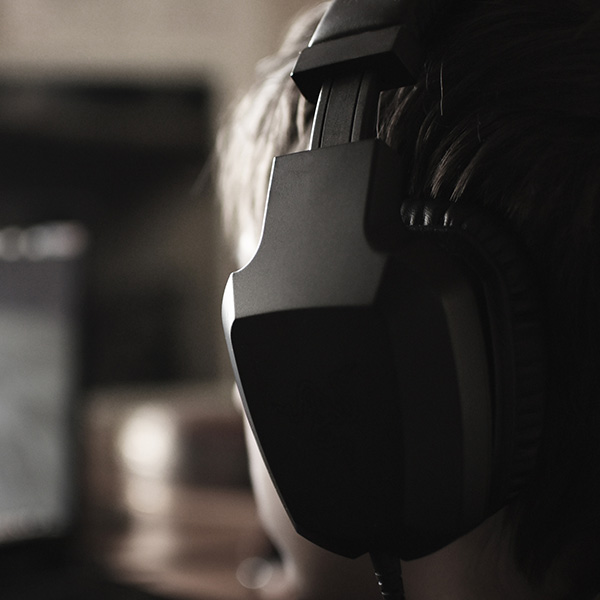During E3 2016, two of the biggest companies in the console gaming industry officially announced their versions of what many believe to be the future of gaming. Microsoft and Sony both teased their takes on the Virtual Reality (VR) fad, and fans quickly demanded the businesses to shut up and take their money. The fact that the Playstation VR Launch Bundle sold out shortly after orders opened up back in March only strengthens that argument. While I believe the PC to be the only hardware that can handle the real potential of VR, the VR hype train implies that it may be another short-lived device.
Another Gimmick
Calling Virtual Reality a fad or a gimmick may be a little strong, but it’s not far from the truth. Take motion controls, for example. When Nintendo first introduced motion controls back in 2006, Microsoft and Sony saw it as a simple gimmick that wouldn’t impact the industry. After the Wii’s unpredicted success, both companies decided to jump on the bandwagon by creating their own motion control based devices. Although Microsoft Kinect and Playstation Move improved on the concept, it was far too late; gamers realized these types of games were not fun to play. In the end, motion controls proved to be a fad.
That being said, the effects of that era of gaming can still be seen now. Most console controllers support motion control, with one system relying on it more than the others (Wii U). Virtual Reality also wouldn’t be where it is without the first steps made by Nintendo. Now, this example may not work well with PC because motion controls never caught on during the hype, but even PC benefited from that sort of innovation.
With that example, it’s easier to step back and look at what could happen. I believe that VR will enhance gaming, pushing for better frame rates and graphics. It will encourage developers to find new types of games and inspire improvements on old concepts. But similarly to motion controls, it will die off.
Success of Virtual Reality
While the hype train has officially left the station for console VR, players could grow tired of the concept and revert back to something a little more mainstream. Even with the newly announced Project Scorpio and Sony’s rumored update, home consoles still won’t be able to handle the proper amount of processing power needed to give an ideal virtual experience. And with prices for good VR systems a little above and beyond the price range for the casual gamer, it seems less likely that VR will survive longer than a few years.
On the other hand, the possibilities for VR with PC gaming seem a little more promising. For Virtual Reality to succeed, it needs power, and it’s not a secret that PC offers a lot more power than even the strongest console. The fact is VR games will look and play better with more processing power. Playing a game that is graphically terrible will only be magnified in a virtual reality. Just looking at some of the VR demos makes me disoriented and sick. Maybe that means it’s not for me, but I do think games with extremely improved graphics, and better gameplay would fix that.
The library of games could also end up being bigger on the PC because of Microsoft’s new play anywhere movement. With games like Doom and Fallout 4 getting VR releases, it will be interesting to see how well these AAA games do and could determine the successfulness of VR. In an ideal world, all VR games would be as good looking as most of those types of games. Unfortunately, games that are available now compare more to terrible app games. Sorry, IKEA; playing house with your virtual furniture is not my idea of fun.
Conclusion
In an interview with Bloomberg during E3, Nintendo of America President Reggie Fils-Aime commented on Nintendo’s thoughts on Virtual Reality and why they haven’t jumped on the bandwagon. He said, “For us, the technology has to be at a point where it can be mainstream. And then it takes content creating companies like us to makes things that the consumer wants to experience, that they want to jump into the particular technology. That’s how we do it moving forward.” It’s funny how the creators of the previous fad refuse to jump on VR, almost as if they worry about potential failure.
The future of Virtual Reality is not set in stone. It may very well be the way all of us play video games ten years from now. Then again, it may just be a passing craze. However, if there is any future for VR, it will be on the PC.

